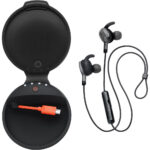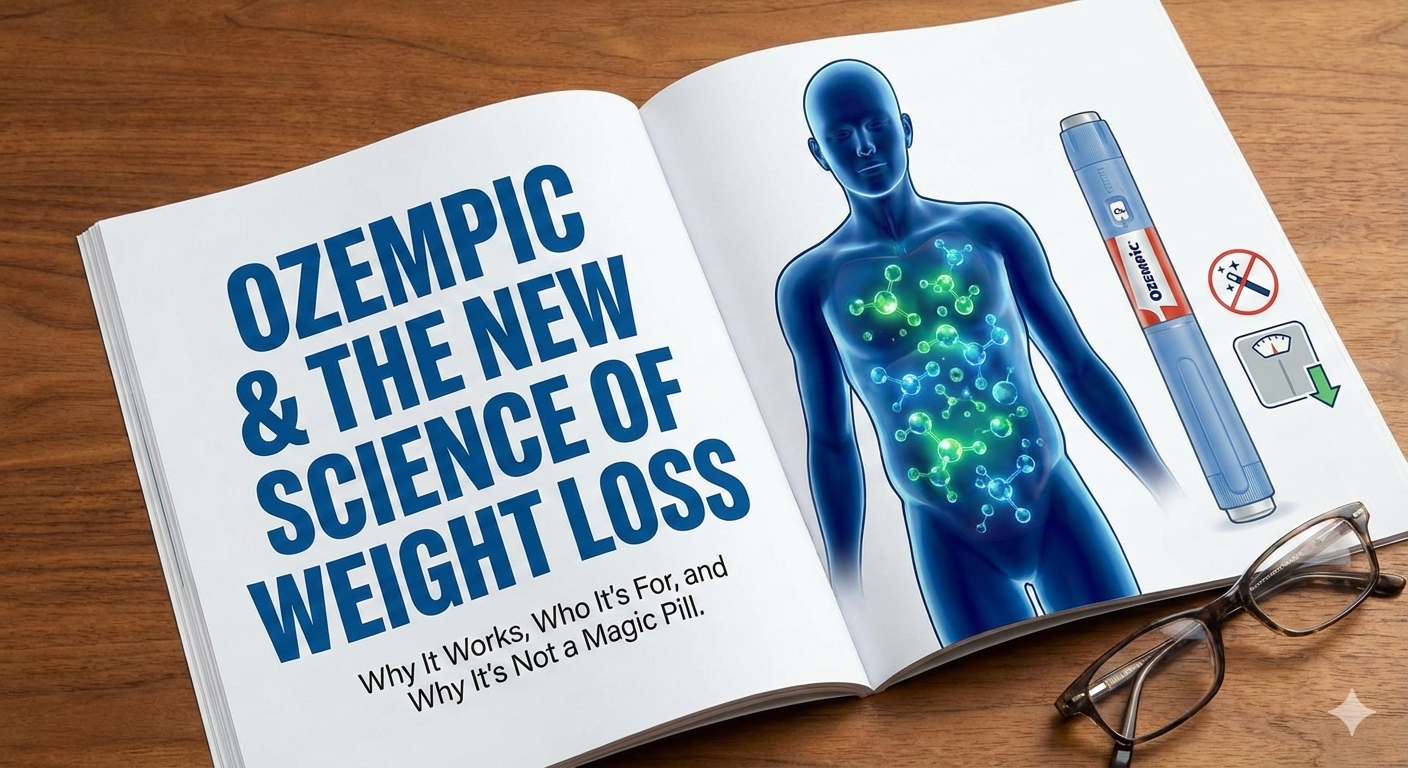Are Dietary Supplements Necessary for Health and Fitness?
By Pankaj Dhuper, Fittr Coach
Dietary supplements are everywhere—promoted as quick fixes for better health, faster recovery, or disease prevention. But the real question is: are dietary supplements truly necessary?
The short answer: Not for most healthy individuals. If you’re eating a balanced and varied diet, you can obtain all essential nutrients without relying on supplements. Their role is primarily reserved for specific populations or cases of documented nutrient deficiencies.
Evidence on Supplement Necessity
Do Healthy Adults Really Need Them?
- Research consistently shows that most people can meet their nutrient needs through whole foods.
- Supplements are not a replacement for food—they lack the fiber, phytochemicals, and synergistic compounds present in natural sources.
- Large studies have found little to no evidence that vitamin supplements prevent chronic diseases like cancer or cardiovascular disease in otherwise healthy adults.
Who Actually Needs Supplements?
Supplements are recommended for specific groups:
- Pregnant women → Folic acid & iron support fetal growth.
- Breastfed infants → Vitamin D supplementation is crucial.
- Vegans & vegetarians → Vitamin B12, iron, and sometimes omega-3 fatty acids.
- People with medical conditions → Conditions affecting absorption (e.g., Crohn’s disease, celiac disease) may require supplementation.
Effectiveness and Risks of Supplements
Limited Effectiveness
- Supplements are not proven to cure or prevent chronic diseases in healthy populations.
- Their role is mainly correcting deficiencies or supporting higher needs in certain life stages.
Potential Risks
Overuse or misuse can cause harm:
- High doses of vitamin A, E, or beta-carotene may increase the risk of certain diseases.
- Supplements can interact with prescription medications, altering their effectiveness.
- Possible side effects include allergic reactions, gastrointestinal issues, or even toxicity in high doses.
⚠️ Always consult a physician or nutrition coach before starting supplements.
Regulatory Perspective
Unlike medicines, dietary supplements are regulated as food products:
- Manufacturers don’t need to prove safety or efficacy before selling.
- Labels may not always reflect the true quality, dosage, or purity of the product.
- Health claims are often exaggerated or loosely based on scientific evidence.
This lack of strict regulation highlights why professional guidance is critical before regular use.
Special Populations and Considerations
- Children: If properly nourished, children do not require supplements. Research shows no significant nutrient difference between children who take supplements and those who don’t.
- Older Adults: Some may benefit from vitamin D, calcium, or B12 supplementation, especially if dietary intake or absorption is insufficient.
- Athletes and Bodybuilders: Protein powders, creatine, or electrolyte supplements can be useful in specific training contexts, but they are not mandatory for everyone.
Conclusion: Do You Really Need Supplements?
For the average healthy person with a balanced diet, dietary supplements are not necessary. Their use should be limited to:
- Deficiency correction (documented by tests)
- Special populations (pregnant women, vegans, elderly, infants)
- Medical advice when diet alone is insufficient
The bottom line: Food first, supplements only when needed.
Whole foods provide not just nutrients but also the synergy of natural compounds that supplements can never fully replicate.
Sources
- InformedHealth.org – What are dietary supplements?
- PMC – Dietary Supplements: For Whom?
- PubMed – Dietary Supplements: Current State
- NIH – Should You Take Dietary Supplements?
- NCBI – Do dietary supplements have beneficial health effects?
👨🏫 By Pankaj Dhuper, Fittr Coach
Guiding you towards science-backed fitness, nutrition, and sustainable health practices.
SEO Keywords: dietary supplements, do I need supplements, vitamins and minerals, supplement risks, nutrition coach advice, food vs supplements, balanced diet, fitness supplements, Fittr Coach tips
Hashtags:
#fittrcoach #supplements #nutrition #health #healthylifestyle #wellness #vitamins #bodybuilding #fitness #protein #gym #supplementsthatwork #naturalsupplements #nutritionfacts #fitnesscoach #fitat45









